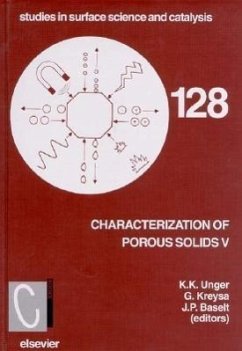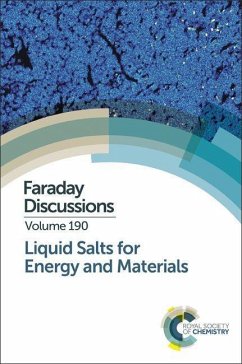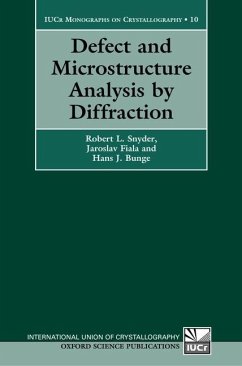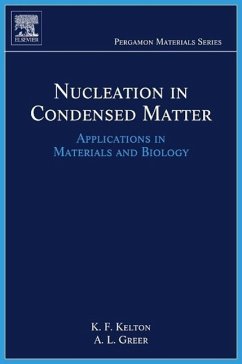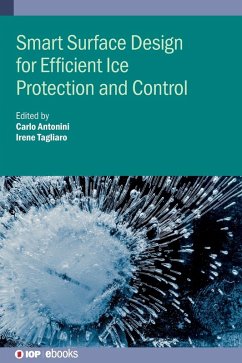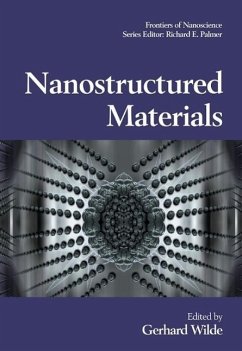Nicht lieferbar
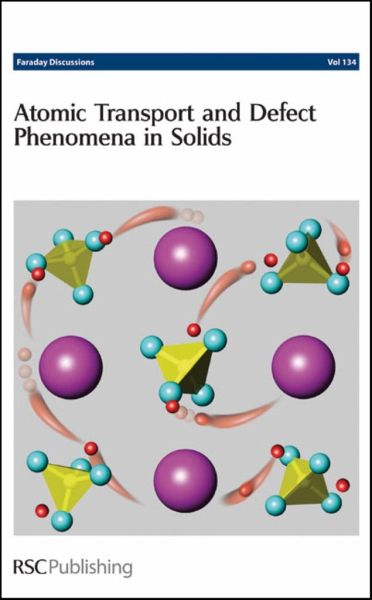
Atomic Transport and Defect Phenomena in Solids
Faraday Discussions No 134
Herausgeber: Royal Society of Chemistry
Versandkostenfrei!
Nicht lieferbar
Faraday Discussions 134 This volume focuses on the recent advances in atomic transport in solids, one of the central themes in contemporary solid state science. This exciting research is driven by scientific problems and the technological need for improved materials such as lithium batteries, fuel cells, catalysts and sensors. Work is presented in the following areas: Fundamentals: transport mechanisms; defect processes; structure-property relationships; nanoscale and interface effects; Materials and applications: oxide-ion and proton conductors for fuel cells, sensors and membranes; nanostruc...
Faraday Discussions 134 This volume focuses on the recent advances in atomic transport in solids, one of the central themes in contemporary solid state science. This exciting research is driven by scientific problems and the technological need for improved materials such as lithium batteries, fuel cells, catalysts and sensors. Work is presented in the following areas: Fundamentals: transport mechanisms; defect processes; structure-property relationships; nanoscale and interface effects; Materials and applications: oxide-ion and proton conductors for fuel cells, sensors and membranes; nanostructured materials; polymer electrolytes and lithium battery electrodes; metals/ alloys; minerals; Techniques: microscopy; diffraction; spectroscopy (e.g. NMR); electrochemical; computer modelling (atomistic and quantum mechanical).





